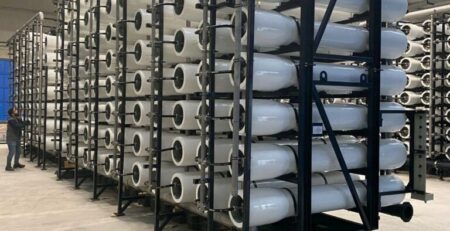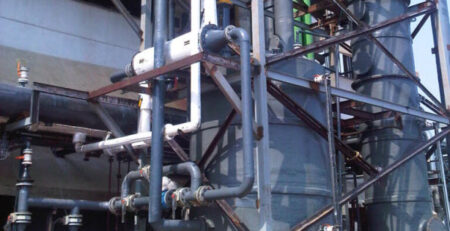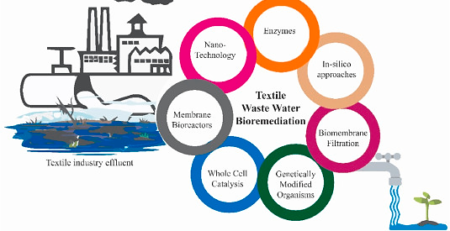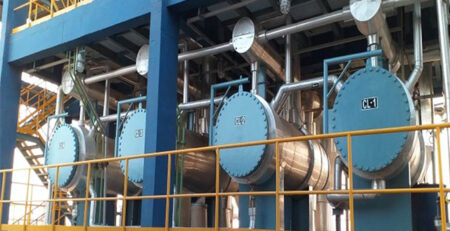Advancements in Screw Press Technology and Advantages for Sludge Dewatering
Advancements in screw press technology offer wastewater treatment facilities a more energy-efficient, less noisy, and easier to operate solution for dewatering sludge. Screw presses can generate solid cakes of dewatered waste that can be transported to disposal sites or recycled for resource recovery. This can reduce transportation costs and decrease the risk of leaks or spills.
The process of sludge dewatering is an essential step in wastewater treatment facilities. Its purpose is to lessen the volume and weight of sludge, facilitating its transport and disposal. Over time, various technological breakthroughs have come into play to amplify the productivity and potency of sludge dewatering. Among these innovations is the employment of a screw press.
The removal of water from sludge, also known as sludge dewatering, holds great significance in wastewater treatment facilities. This is because it minimizes the sludge’s size and weight, making it simpler and more economical to convey and discard. One of the most efficient and effective technologies for sludge dewatering is the screw press. Although the screw press technology has been present for numerous decades, its efficacy and dependability have recently been enhanced due to notable progressions.
A screw press is a type of mechanical dewatering equipment that uses a rotating screw to push sludge against a screen or filter. During the sludge dewatering process, the sludge is forced through a filter, resulting in the segregation of water from the solids. The solid residues are then compacted and dehydrated. The water is then discharged, and the solids are either disposed of or further processed.
Advancements in Screw Press Technology
Screw press technology has evolved significantly over the years, leading to its increasing popularity in sludge dewatering. The following are some of the advancements in screw press technology:
Increased Efficiency
The latest screw presses are more efficient than their predecessors. They can dewater sludge with higher solids content, resulting in a more concentrated sludge cake and a higher volume reduction. This increased efficiency translates into cost savings for wastewater treatment plants.
Improved Design
Screw presses are now designed with a focus on reducing maintenance requirements and increasing uptime. The latest designs incorporate features such as self-cleaning mechanisms and automatic lubrication systems, reducing the need for manual intervention.
Automation
Advancements in automation technology have made it possible to control the dewatering process more accurately. Automated controls can adjust the operating parameters of the screw press, such as the speed of the screw and the pressure applied to the sludge, based on real-time feedback. This ensures that the dewatering process is optimized for maximum efficiency.
Advantages of Screw Press Technology for Sludge Dewatering
Screw press technology offers several advantages over traditional sludge dewatering methods such as centrifugation. The following hospitalharrywilliams.org are some of the advantages of screw press technology:
Lower Operating Costs
Screw press technology requires less energy to operate compared to centrifuges, resulting in lower operating costs. It also generates less noise and vibration, reducing the need for soundproofing and vibration isolation.
Greater Flexibility
Screw press technology can handle a wider range of sludge types and can operate at different flow rates. This makes it more versatile than centrifuges, which are typically designed for a specific sludge type and flow rate.
Higher Solids Content
Screw presses can dewater sludge to higher solids content than centrifuges. This results in a more concentrated sludge cake, reducing the volume of waste that needs to be disposed of.
Lower Maintenance Requirements
Screw presses have fewer moving parts than centrifuges, reducing the need for maintenance and repair. The latest screw press designs also incorporate self-cleaning mechanisms and automatic lubrication systems, further reducing maintenance requirements.
Advancements in screw press technology have made it a more attractive option for sludge dewatering in wastewater treatment plants. The latest screw presses are more efficient, easier to maintain, and more flexible than their predecessors. They also offer several advantages over traditional sludge dewatering methods such as centrifugation, including lower operating costs, greater flexibility, and higher solids content.











